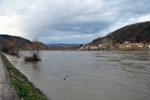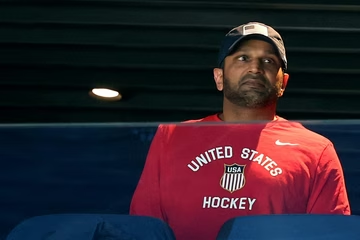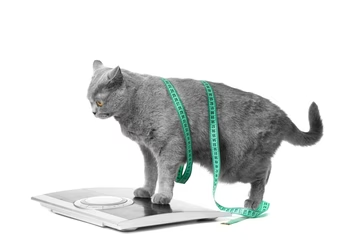
The letter Croatian members of the European Parliament (EP) wrote to top EU officials asking for the changes to Bosnia’s Election Law to be discussed is encouraging, Bosnian Croat leader Dragan Covic said on Friday.
The letter “draws attention to the overvoting of the Croats, the smallest group in Bosnia, at the recent election,” Covic said, adding that this “is violating the foundations of the Dayton Peace Agreement,” that ended the country’s 1992-95 war.
European Parliament (EP) members from Croatia have on Thursday expressed "deep concern" over the election process in Bosnia and Herzegovina in a letter addressed to top EU officials.
They claimed that Bosniak voters had elected the Bosnian Croat member of the country’s tripartite presidency and asked for the issue to be discussed at the next European Commission Foreign Affairs Council (FAC) meeting.
Bosnia is composed of two semi-autonomous entities – one with a Serb ethnic majority, Republika Srpska (RS), and the other shared mostly by Bosniaks and Croats, the Federation (FBiH).
The state-level Presidency is composed of three members, each representing one of the country’s three ethnic majorities. The Serb member is elected from the RS, and the Bosniak and Croat members are elected from the FBiH.
The Croatian EP representatives said that the Bosnian Croat presidency member was recently elected “mostly by Bosniak voters, while the overwhelming majority of Croats elected another candidate” and that this was happening for the third time already.
Such an outcome does not contribute to the viability or functionality of Bosnia as a “state of three equal constituent peoples and Others,” as it was set up by the Dayton Paris Accords (DPA), which ended the 1992-1995 war in the country, the EP members said.
“You see the efforts of the Croatian Prime Minister, the parties of the European Parliament. Look at the letter from the 11 lawmakers in the EP from Croatia, regardless of whether they are liberals, SDP (Croatia’s Social Democratic Party) members, or HDZ (Croatian Democratic Union) members,” Covic said as he spoke to reporters in the northwestern town of Orasje.
He said that three important political options in the European Parliament are familiar with the problems that were created by the recent election and that those problems are threatening the country’s stability.
“Those are three political options within the EP and they have unanimously stood behind us,” he said.
Covic said that this is the result of Bosnian Croat parties sticking together within the Croat National Assembly (HNS), an organisation of Croat ethnic parties.
The only solution to the current crisis are changes to the Election Law which would guarantee legitimate representation of the three constitutional groups living in the country at all government levels, he said, adding that the implementation of a Constitutional Court ruling that prescribed this was “key to a stable system in Bosnia and Herzegovina and stable political functioning.”
In 2016, the Constitutional Court declared several parts of the Law unconstitutional, after it ruled in favour of a complaint lodged by Bosnian Croat politician Bozo Ljubic. He argued that the Croat influence in cantons with a majority Bosniak population was unfairly diminished in the selection of delegates to the House of Peoples.
Political actors have, however, not managed to find a compromise on how to change those provisions of the Law thus far.
Covic expressed satisfaction with the election result as he spoke at a meeting of the HDZ leadership within the Posavina area and underscored the determination of Bosnian Croat parties in their battle for equality of Bosnian Croats.
He said he received 80 per cent of Bosnian Croat votes, although he lost the Presidency seat to left-leaning candidate Zeljko Komsic.
The Prime Minister of neighboring Croatia, Andrej Plenkovic, on Friday warned that the violation of the equality of the three constituent peoples in Bosnia may have consequences.
“This letter should further raise awareness of top officials of European institutions about the need for legitimate representation in all institutions in Bosnia and Herzegovina, especially within the presidency,” he said, adding that the point of the implementation of the Dayton/Paris Peace Agreement is the equality of the constituent peoples, and that this principle cannot be violated.
Kakvo je tvoje mišljenje o ovome?
Učestvuj u diskusiji ili pročitaj komentare





 Srbija
Srbija
 Hrvatska
Hrvatska
 Slovenija
Slovenija



























































